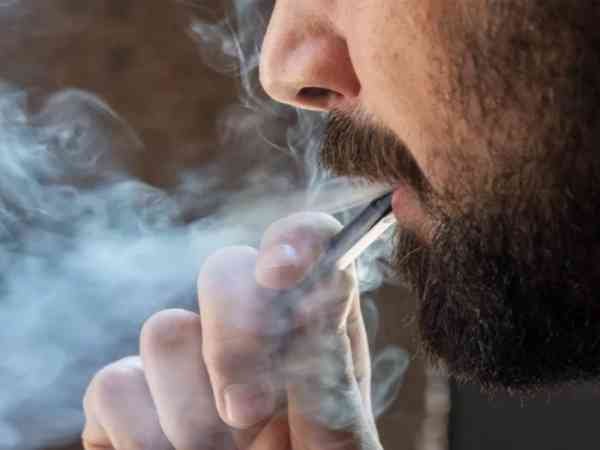The relationship between vape use and mental health is a complex and evolving area of research. While vapes are often considered an alternative to traditional tobacco and may help some smokers quit, their impact on mental health is not fully understood.Below are some studies and perspectives outlining the possible connections between vape use and mental health:
1. Vape Use and Mental Health Anxiety and Depression
Some studies suggest that using vapes may be linked to an increase in anxiety and depression symptoms. The nicotine in vapes can affect the brain, potentially causing mood swings, heightened anxiety, or even worsening existing depressive symptoms. Some users may turn to vapes to alleviate these emotional issues, but in the long run, this approach may not be healthy.
2. Nicotine’s Impact on the Brain
Nicotine in vapes affects the release of dopamine in the brain, which is associated with mood regulation and the reward system. Long-term nicotine use may disrupt the balance of brain chemicals, potentially impacting mood, cognitive function, and even sleep quality. This is especially concerning for adolescents and young adults, as their brains are still developing.
3. Mental Health Risks of Vaping Dependence and Addiction
Vaping can lead to psychological dependence, especially due to nicotine’s addictive properties. Research indicates that while vapes may pose a lower risk than traditional tobacco, they can still lead to nicotine dependence. This dependence is not only physiological but can also manifest as a strong psychological craving, affecting a person’s mood and social behavior.
4. Mental Health Risks of Vaping Emotional Regulation
Some people use vapes to regulate their emotions, particularly in stressful situations. Nicotine has a short-term mood-lifting effect, which makes users feel relaxed and pleased. However, this temporary emotional relief does not address underlying psychological issues and may, in fact, worsen anxiety or depression, particularly if users become reliant on vapes to cope with life’s challenges.
5. Mental Health in Adolescents and Young Adults
For adolescents and young adults, vape use may be associated with an increase in mental health problems. Adolescence is a crucial period for emotional and psychological development, and vaping may interfere with their mood regulation, behavior control, and stress management. Some studies have found that vape use is linked to higher levels of anxiety, depression, and even suicidal tendencies in young people.
6. Substitute Behavior
In some cases, vapes used as smoking cessation tools may help reduce anxiety and stress caused by traditional smoking. However, this depends on the individual’s usage patterns and psychological state. If vapes are only used as a tool for emotional regulation rather than for quitting smoking, the effects may backfire.
Conclusion:
Vape use may have multiple impacts on mental health, particularly concerning dependence, mood swings, anxiety, and depression. While vapes may pose fewer risks than traditional tobacco, they still carry certain mental health risks. For those with existing mental health issues, relying on vapes to alleviate emotions could lead to negative long-term consequences. More clinical research and long-term tracking are needed to better understand the impact of vaping on mental health.
If you or someone else is struggling with vape use, seeking professional support for mental health or smoking cessation may be a better way to improve health outcomes.












